A US Border Tax Could ‘Trump’ NAFTA
High anxiety in Canadian boardrooms as US Government Embraces protectionism
It’s now official. Donald Trump is President of the United States, ushered in to the West Wing amid all the pomp and ceremony the world’s greatest superpower could muster.
Now the world waits to see how aggressively The Donald comes out swinging, and nowhere is that anxiety more keenly felt than in the countries of Canada and Mexico. The new president ran and won on his promises to preserve and restore jobs in the American heartland, and among the measures he proposed was the renegotiation of the North American Free Trade Agreement (NAFTA).
However, it’s another lesser known measure that really has Canadian exporters worried, a protectionist tactic being touted by Republican House Speaker Paul Ryan known as the Border Adjustment Tax. Thus far the new Disrupter in Chief has not supported Ryan’s initiative, calling it “too complicated,” but Trump has repeatedly announced (or, in his case, Tweeted) his intention to impose some type of border tax.
As one example, Toyota shares fell when the then-President elect tweeted, “Toyota Motor said will build a new plant in Baja, Mexico, to build Corolla cars for U.S. NO WAY! Build plant in U.S. or pay big border tax.”
So, what is the Border Adjustment Tax, and how could it affect Canada? How can it affect your investments, and which industries are most at risk?
How Trump’s Border Adjustment Tax Could Affect Canada
Ironically, the BAT is not a trade policy but part of a sweeping array of corporate tax reforms being pushed by Ryan and Kevin Brady, chair of the House Ways and Means Committee. The BAT would include a massive cut to the corporate tax rate from 35 per cent to only 20 per cent. More importantly for Canada, the plan includes measures to make the cost of imports non-deductible, while capital investments or inputs from domestic sources would be fully deductible.
How does that impact Canadian industry?
Well, if a US company buys any type of product from another US company as an input either to their own production or for final sale to US consumers, they can write off the entire amount of that purchase.
The same purchase from a Canadian company would NOT be deductible, resulting in what amounts to a 20 per cent tariff on imports from Canada, or anywhere else, for that matter. This measure would affect approximately $400 billion worth of Canadian exports, ranging from raw minerals, oil, softwood lumber, software, auto parts, and even energy exports.
On the other side of the coin, the measures call for a 100 per cent tax deduction for the revenue American companies earn when exporting products to other countries. In short, US companies are rewarded for exporting products abroad, but penalized heavily when they buy products from foreign sources.
The impact of such a measure would be incredibly broad. Softwood lumber used to build American homes would be hit. Oil powering US industry would be hit. Software programs used to run American industrial processes would be affected. In short, pretty much any Canadian export used in the US production chain would be impacted by this measure.
Let’s take oil as an example.
CONTENT LOCKED
Enter your email to get instant access (it's free!)
to this special content post:
*By entering your email, you are agreeing to our privacy policy and terms of use. You will also receive a free weekly subscription to the Equedia Letter, one of Canada's largest private investment newsletters. Don't worry, it's free and you can cancel at anytime.
If a US refinery buys domestic crude at $50 USD a barrel and sells the refined product at $60 USD, the refinery pays taxes ONLY on the $10 profit margin. If the same refinery buys the oil from Canada, it can not deduct the cost of the foreign oil, and pays tax on ALL of the $60 USD selling price. To keep it simple, the refinery buying US oil pays $2 tax per barrel, while the refinery buying oil from the Canadian Oil Patch would pay $12, or six times as much.
The same math applies to pretty much any Canadian export that becomes an input in the American supply chain … and that is terrifying for both Canadian exporters and a federal government facing its own issues with job creation.
The question hanging out there is how likely it is that Trump and his new Cabinet would support such a measure, and the answer is … complex. It is, after all, American politics. Trump stunned the Ryan-Brady camp when he told the Wall Street Journal he may oppose the BAT because it is too complicated, and it may have negative impacts on both job creation and exports. Trump is also worried by predictions from economists that imposing the BAT would cause the dollar to soar by 20 per cent, hurting US exports and the tourism industry.
However, the BAT is the lynchpin of the Republicans’ ‘Better Way’ package of proposed tax reforms, and having the Republican president announce he opposes the core of those reforms has put the party brass into a flurry of internal lobbying and arm twisting. Despite that pressure Trump’s nominee for Treasury Steven Mnuchin told the Senate during his confirmation hearings that the Trump team does not support an across-the-board border adjustment tax.
“When he’s referred to a border tax, he’s referred to a small number of companies that have moved their jobs or are moving their jobs, putting products back into the United States, and taxing them,” said Mnuchin. “So he has in no way contemplated a broad 35-per-cent border tax. That couldn’t be further from anything he’d possibly consider.”
Those comments had Canadian officials and exporters breathing a qualified sigh of relief, but there are still worries about Trump’s intentions regarding his renegotiating NAFTA, implementing a more limited border tax, or even caving to the large Republican contingent that is backing the ‘Better Way’ package. Some Republicans are pointing out that Trump can’t simply target individual companies with border taxes; such actions have to be part of a policy that applies equally to all.
Also, while Trump’s cabinet may not support the BAT, their Commander in Chief made it very clear in his inaugural address that America’s trading partners can expect some big changes. “From this moment on, it’s going to be America First,” Trump said in his first speech as President. “Every decision on trade, on taxes, on immigration, on foreign affairs, will be made to benefit American workers and American families.”
While no one in power north of the border is talking much, other than sending friendly notes to Trump via the Canadian ambassador in DC, options are being weighed to combat any attempt to circumnavigate the NAFTA agreement through implementation of a border adjustment tax. These include a variety of options from taking the case to the World Trade Organization as a violation of NAFTA, to fast tracking projects or discussions that could open up new trade routes. For example, if you’re wondering why the Liberals are so keen on politically controversial projects such as the Kinder Morgan pipeline, it’s partly because that pipeline allows Canada to push more oil to China and other trade partners in the Far East.
With so much uncertainty, it’s difficult for investors to confidently place their bets, and a chill has already settled in both Mexico and Canada, shown most clearly by the drop in the peso and the loonie after Trump’s Twitter announcements on NAFTA and a new border tax. In all, it’s a time for investors to watch and listen carefully while considering investments in companies that focus heavily on exports to the United States.
By Gary Symons, Equedia


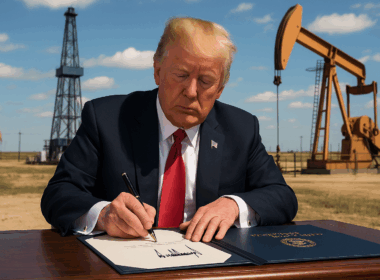
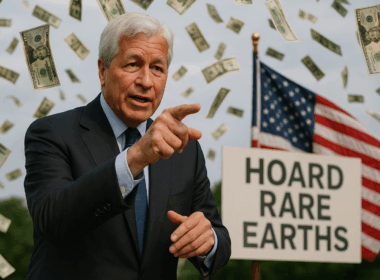


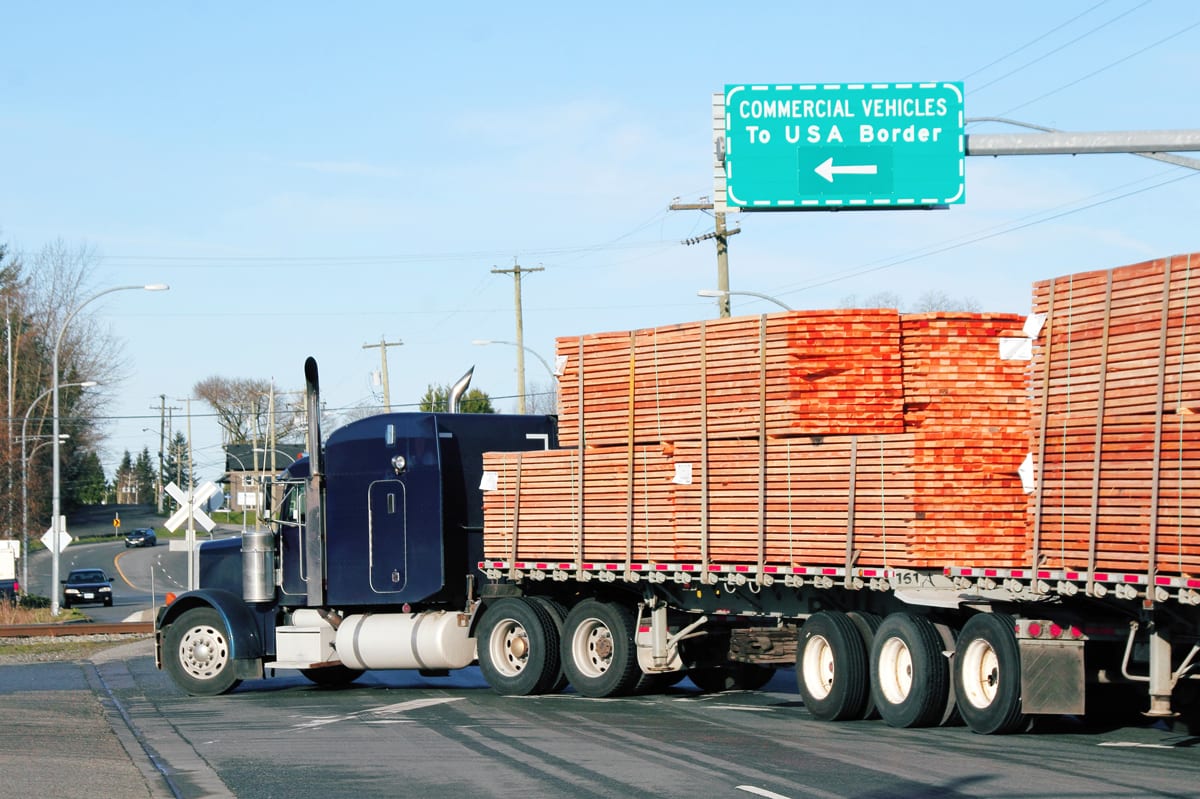
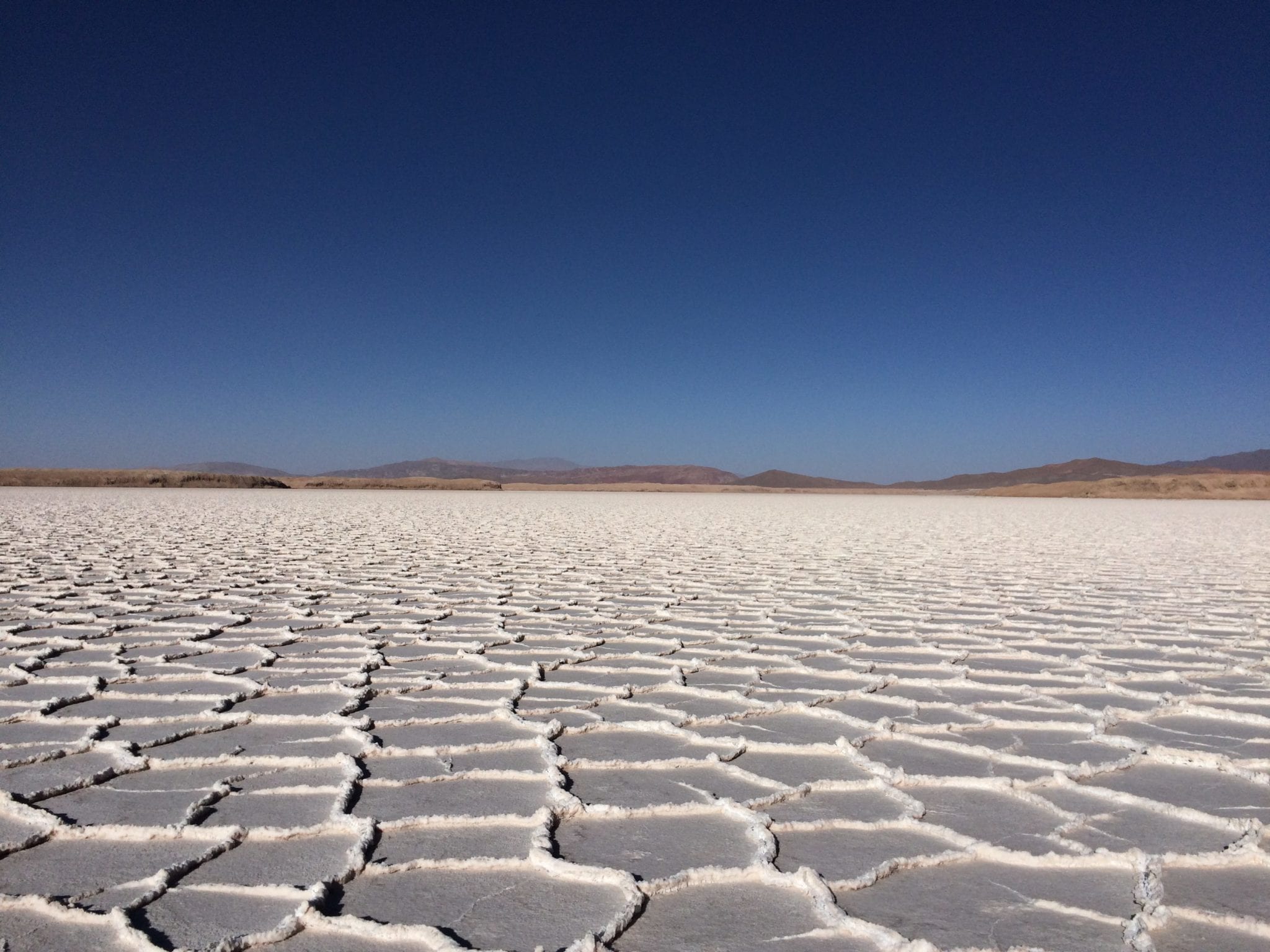
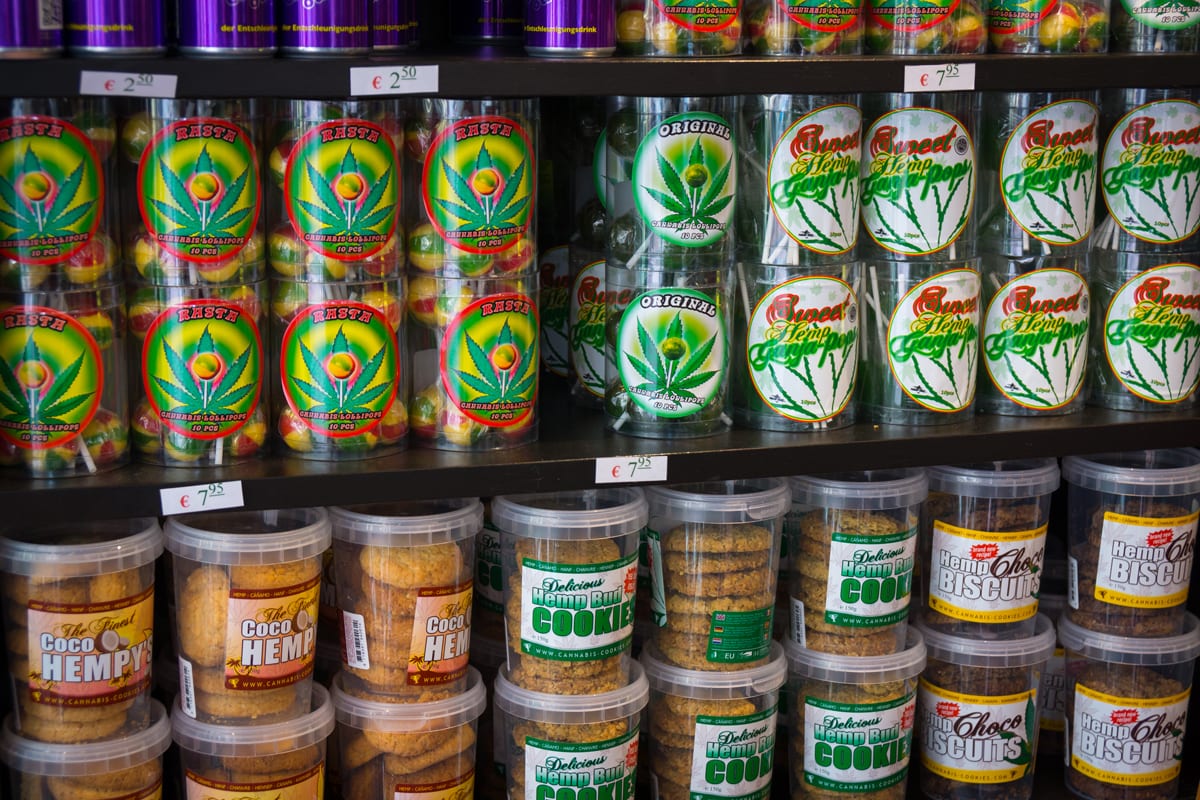




Why can’t Canada do the same! This would force our economy to buy Canadian products first. If the product is not made in Canada, let’s start make it in Canada. Seems simple to me.
Allowing U.S. companies to keep tax dollars by buying American is a money grab that won’t actually work. The U.S. is not set up or organized to sustain this and prosper. We sell a huge amount of hydro at ridiculously low prices to the U.S. – in fact almost all our natural resources are sought after by the U.S. We are already setting up trading deals with the rest of the world so – it might be a bumpy ride – but we are in better shape to ride this out than the U.S. is. It is time the U.S. paid a fair price for all our natural resources – let’s see how long they hold out with inadequate supplies of power and materials before it fails. This corrupt U.S. government is so greedy it seems unaware of actual consequences – no one is indispensable and that includes the U.S. Besides with fuel costs for transportation already becoming too expensive, we need to learn to grow most of our food needs at home because, like it or not, food is the most vulnerable weak spot in the U.S. and we are lucky enough that we can adapt and develop enough food production for our citizens. It is time to realize that this U.S. is not our big brother but a bully.
I think we should look at are own government first before an we judge other country .
We are in such a mess right now
We have get that kid out of power
So we can shut down the border
Are country became a dumping ground
On wanted people
I think it terrible. We have to support people from other country …I worked really hard throw the years for others ….not a chance
I think it offul I should be enjoying my retirement . But I can”t on count the cost of living is so hight .
But we should be askin the kid in power to step down . I think he is to young to running
A country
I told my grandmother how you helped. She said, “bake them a cake!”
I have exactly what info I want. Check, please. Wait, it’s free? Awesome!
Test a border tax for 4 years. If its profitable keep it – of not – abolish it.
Trulife Distribution – Nutrition Distribution helps our clients achieve success in a complex, competitive retail environment. Our team of nutrition industry experts takes care of everything from importation compliance to marketing, sales and distribution at the ground level. There is no need to navigate the complicated intricacies of the American market when we have already done the work. Let us use our experience to expand your brand and put your product into the hands of American consumers. https://trulifedist.com/